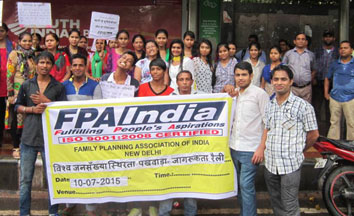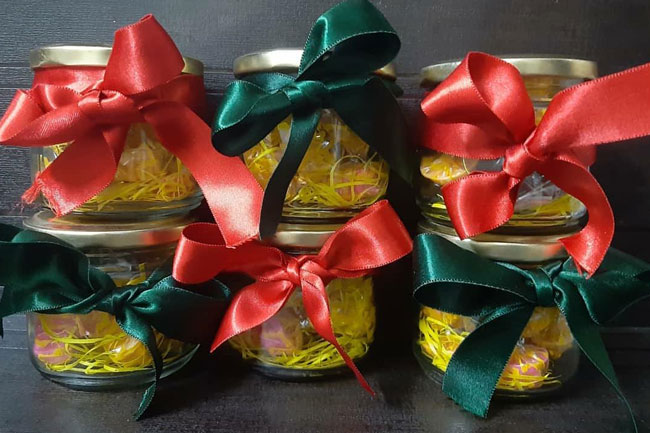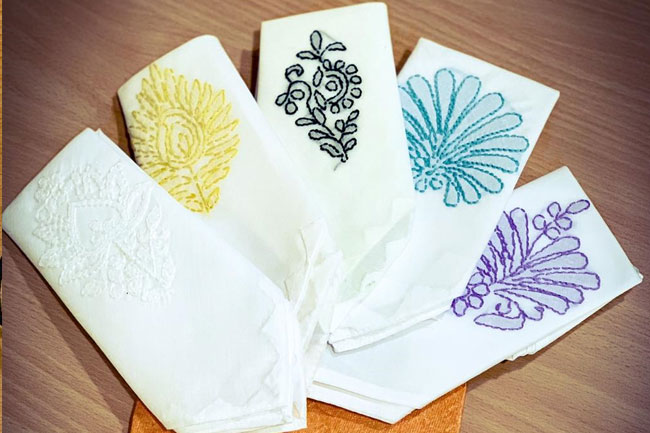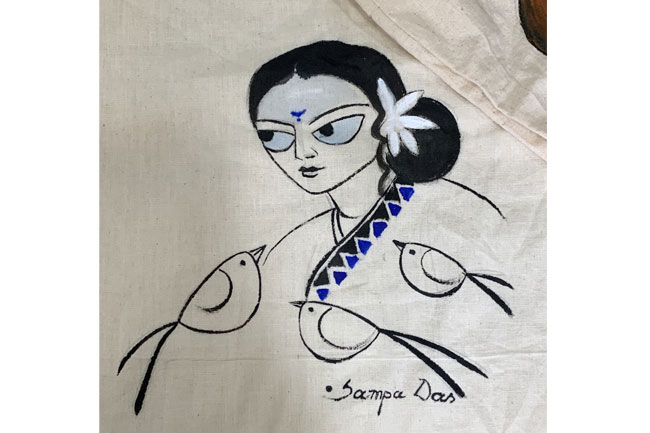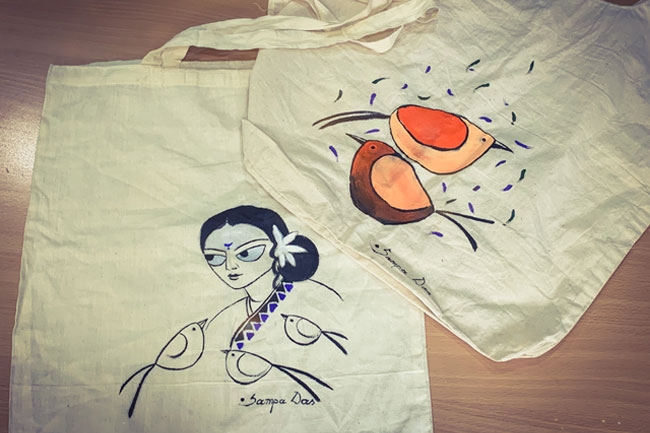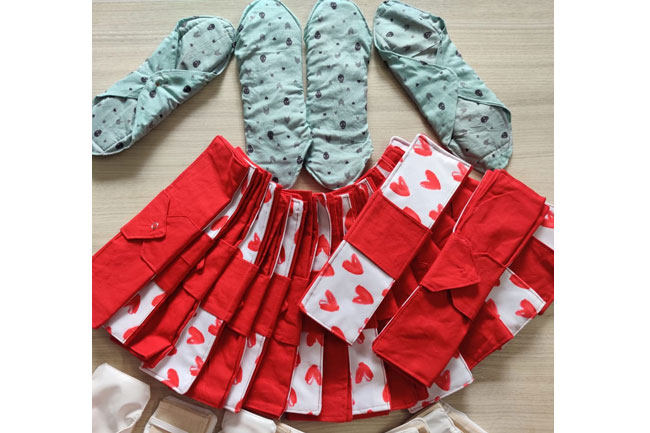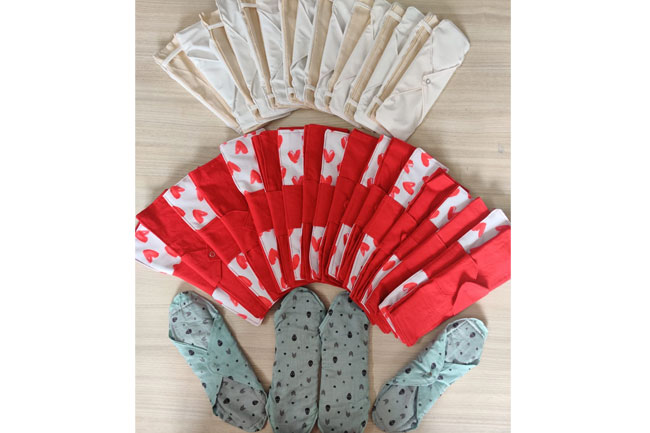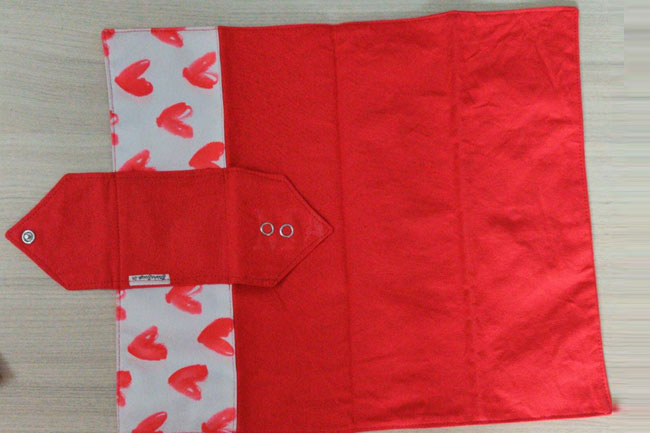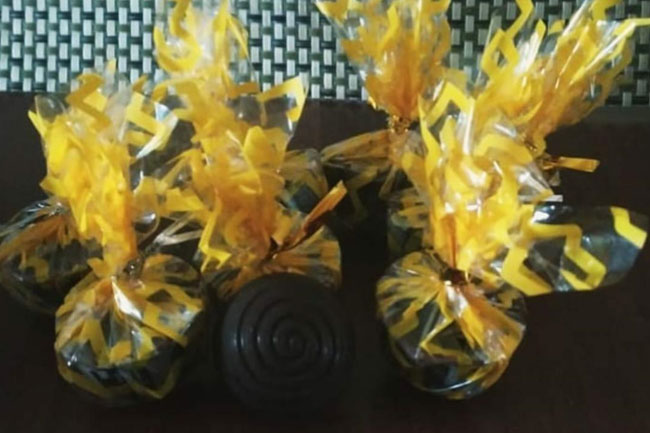Gender and rights
India is a complex country, having varied customs, traditions and practices. Some of these restrict the rights of women and girls and hinder their access to information and services. Most communities in India follow patriarchy, which discriminates against women and perpetuates the belief that women are inferior to men. India also witnesses a significantly high number of crimes against women. Therefore, to empower women and girls and enable them to access information and resources to take control of their lives — within and outside their homes — deep-rooted biases and beliefs have to be changed through social conditioning and sensitisation.
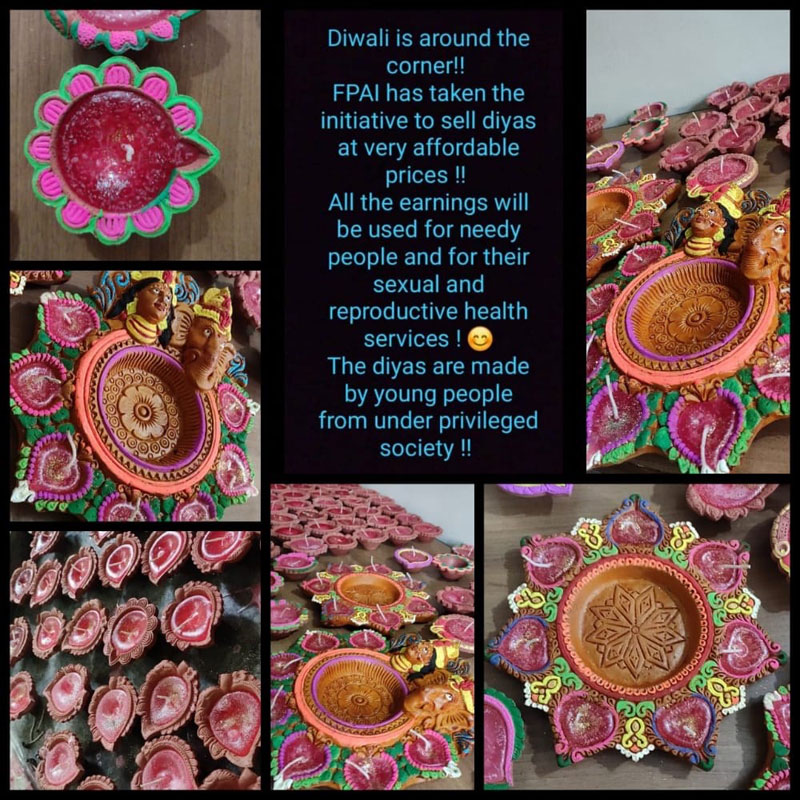
FPA India has taken initiatives to empower people including vulnerable groups, to transform gender norms and power dynamics, to promote gender equality, reduce gender based violence, and improve economic status of women and other vulnerable groups including young people.
Our Strategies
Addressing Gender Based Violence
To address SGBV, FPA India staff are trained to identify and support SGBV survivors and to link them to appropriate agencies. Awareness sessions are conducted regularly in the community to sensitize women and girls to the impact of GBV on health and how they can seek help. All the clients accessing clinical services are screened for GBV and provided counselling and referrals if required. Partnerships have been developed with government agencies, one stop centres, District Authority of Legal Services, Family counselling centre and other NGO for continuum of care for survivors.
A GBV toolkit has been developed to address different stakeholders and groups.
Our Livelihood initiatives
Encouraging women and girls to be self-sufficient through skilling is an important initiative under the gender and empowerment portfolio. Women and girls are taught skills that provide them opportunities to work within or outside their ecosystem or become self-employed. The training has inspired many to learn non-traditional skills such as two / three / four-wheeler driving and repair, computer / mobile phone repair, basic computer skills etc. FPA India’s para medical course is also hugely popular as it supports placements on completion.
During the year 2019, 5042 (men 899, Women 4143) benefitted from these trainings. Some of these skill trainings have been in collaboration with Pradhan Mantri Kaushal Vikas Yojana (PMKVY) or NGOs focused on skill development. After the training, these beneficiaries were linked to prospective employers or micro credit or government institutes.
Examples of skill training offered include- reusable cloth face Mask, Preparation of nutrition powder & environment friendly reusable cloth sanitary napkins (Collective efforts at Dharwad), Packed Spice powder ( Masala powder) , tailoring Bedside Nursing course at Gwalior, Madurai and Mumbai and Mysore, Handicraft (fabric painting on cloth bags) at Kolkata, Fabric painting on cloth bags, Chocolate making at Bhiwandi, Artificial Jewelry in silk thread, Kutch design, Maggam work on dress materials & Saree, beauty care at Ballari , Lucknowi embroidery in collaboration with Self Employed Women’s Association, Agarbatti (Scented incense stick and compost ) , Paper Bags/envelops in Lucknow, Assembling parts of trinkets, leather shoe/purses in Agra and Soft toys ,candles at Nagaland branch.
Working with Key Population groups
We work with key population (KP) groups such as men who have sex with men (MSM), sex workers (SW), people using drugs (PUD), transgender (TG) people, people living with HIV (PLHIV), and vulnerable and marginalised women to enable the KPs to fulfil their sexual and reproductive rights. Twelve targeted intervention projects have been implemented to address the HIV care and support components of trucker, PLHIV, PUD, MSM, SW and TG community care.
Working with women’s collectives
Self-help groups (SHG) are also developed and nurtured among marginalised communities and linked to government schemes, helping SHG members avail loans. We work with 4,491 Self Help Groups, 1680 Mahila Mandals and 1539 youth groups. The total membership of Mahila Mandals is 26348 and 19712 with youth groups.
Our Projects
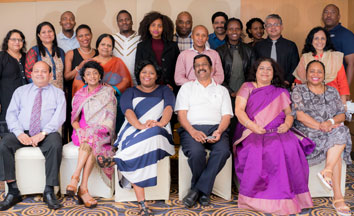
Shadows and Light Project
It was a three-year project funded by BACKUP Health, aimed to address the linked SRH and HIV needs of key populations within four IPPF member associations.
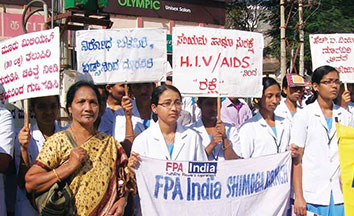
Chennai Metro Rail Limited
Addressing the HIV needs of informal migrant workers of Chennai Metro Rail Limited(CMRL) project was implemented by FPA India, supported by Japan Trust Fund (JTF) and International Planned Parenthood Federation (IPPF) from April, 2012 to March 2014 at Chennai.

